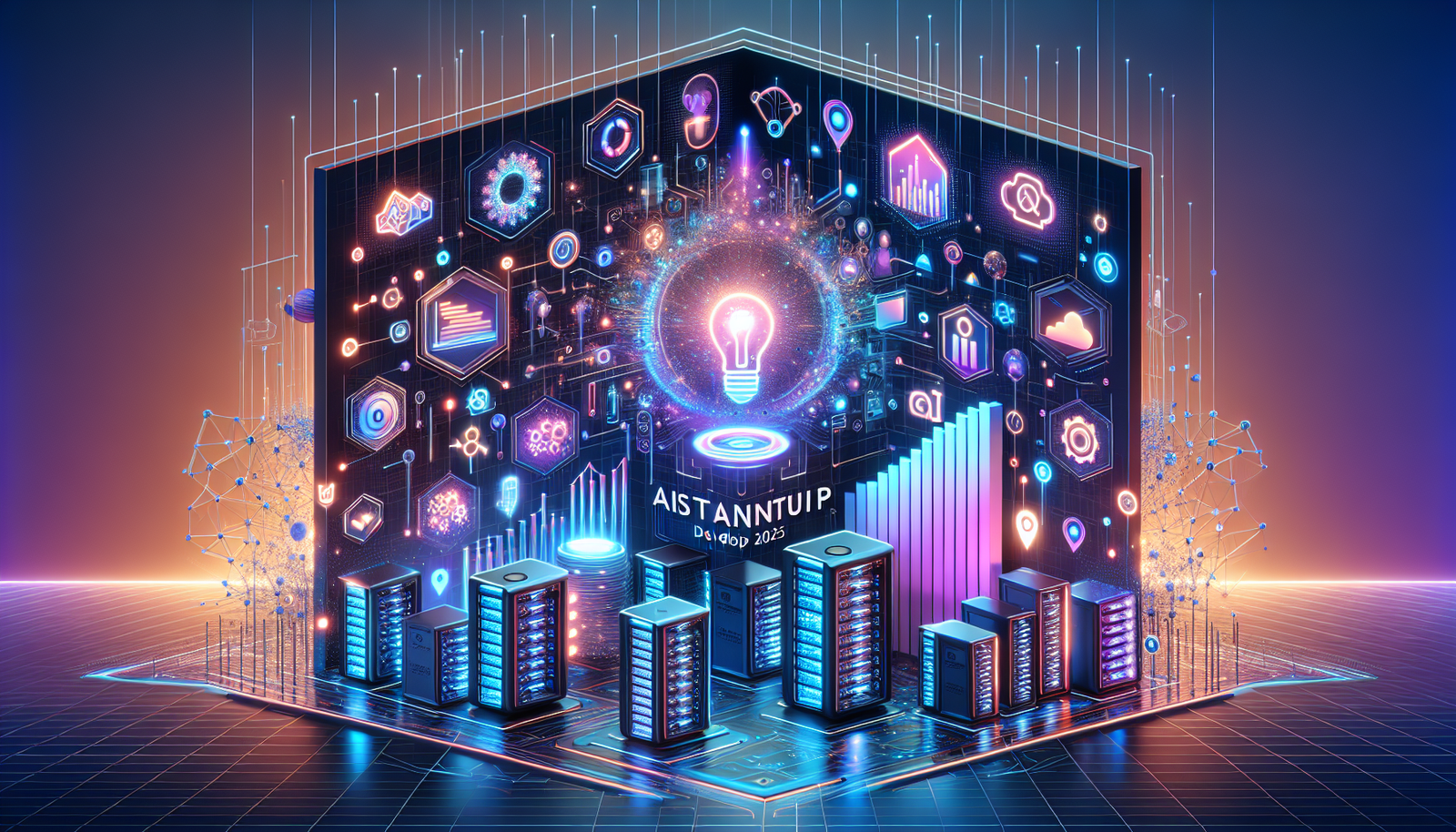Introduction: What Do Startup Accelerators Do?
Startup accelerators are intensive, mentorship-driven programs designed to help early-stage startups grow rapidly over a short period of time. For founders asking, “How do accelerators work?”, this article breaks down the entire journey—from applying to pitching at Demo Day.
What Is a Startup Accelerator?
A startup accelerator is a fixed-term program that provides seed funding, mentorship, and access to investors in exchange for equity. The goal is to compress several years of business growth into just a few months of structured support and execution.
Incubators vs Accelerators: Key Differences
While the terms are often confused, incubators are typically long-term, less structured programs designed for startups still in the idea phase. Accelerators, in contrast, focus on startups that have already launched or have MVPs and need help scaling quickly.
Who Accelerators Are For
Accelerators are ideal for early-stage startups with strong founding teams and a minimum viable product (MVP). While traditional sectors are still represented, there’s a growing trend toward vertical-specific accelerators, particularly in AI, biotech, and climate tech.
How Startup Accelerators Work: Step by Step
1. Application Process
Founders submit detailed applications including pitch decks, founder bios, product visions, and traction metrics. Some top programs—like Y Combinator or Techstars—receive thousands of applications per cohort and have acceptance rates under 2%.
2. Selection and Interview
If shortlisted, founders are invited to interviews—either remote or in-person—where they must compellingly pitch the startup’s vision and demonstrate founder-market fit. Decisiveness, flexibility, and past execution are important factors.
3. Program Duration and Resources
Most accelerator programs run for 3 to 6 months. Startups receive funding (e.g., $20,000 to $150,000) in exchange for typically 5–7% equity. Resources include office space, technical resources (like cloud credits), and access to legal or design support.
4. Mentorship and Networking
Mentorship is one of the biggest value-adds. Startups meet regularly with seasoned entrepreneurs, investors, and product leaders during office hours or fireside chats. Many accelerators match founders with lead mentors who guide product and growth decisions.
5. Demo Day Presentation
At the end of the program, each startup presents at Demo Day—a high-stakes pitch event attended by investors, media, and ecosystem players. A successful presentation can lead to pre-seed or seed rounds within days.
The Benefits of Joining an Accelerator
Access to Capital
In addition to initial accelerator funding, many startups raise substantial follow-on capital from Demo Day presentations. Programs like Techstars also offer convertible notes to support larger fundraising efforts.
Intensive Mentorship
Accelerators offer practical, founder-to-founder advice often unavailable elsewhere. Weekly check-ins sharpen business models, hiring strategy, and product-market fit.
Visibility with Investors
Demo Days and alumni relationships put startups on the radar of top venture capitalists and angel investors. Founders often cite this exposure as a turning point in their company’s journey.
Alumni Networks and Perks
Many top accelerators give startups access to exclusive perks such as cloud credits, software discounts, hiring platforms, and alumni networks that facilitate warm intros and future guidance.
Rising Trend: AI-Focused Accelerators
Notable Programs for AI Startups
Programs like NVIDIA Inception, Google’s AI Startup Program, and AI Grant offer tailored support for founders building in artificial intelligence. These accelerators seek startups working in machine learning, computer vision, NLP, and edge AI.
Technical and Funding Support Offered
- High-performance compute credits (e.g., Google Cloud, AWS, Azure)
- Access to large-scale training data and APIs
- Direct support from engineering/product teams
- Exposure to AI-focused venture investors
For AI founders, these programs offer a compelling path to technical validation and early traction.
FAQs About Startup Accelerators
Q: Are startup accelerators worth the equity?
A: For many startups, yes. The funding, network, and investor visibility often justify a 5–7% equity trade-off.
Q: Can solo founders get into accelerators?
A: Some accelerators prefer teams, but standout solo founders with strong execution skills can and do get accepted.
Q: How long does an accelerator program last?
A: Most run between 3 to 6 months, with optional post-program support or follow-on funding rounds.
Focus Keyword: how startup accelerators work






